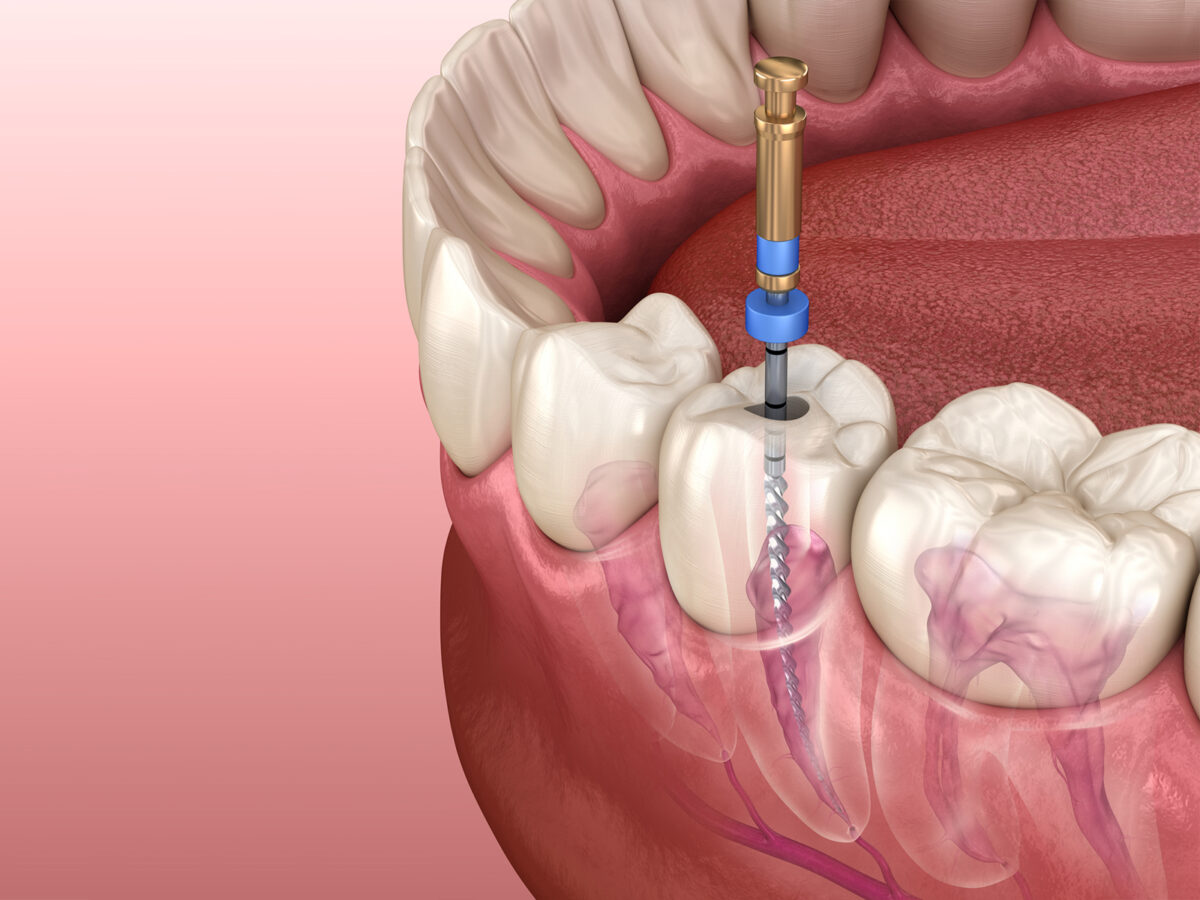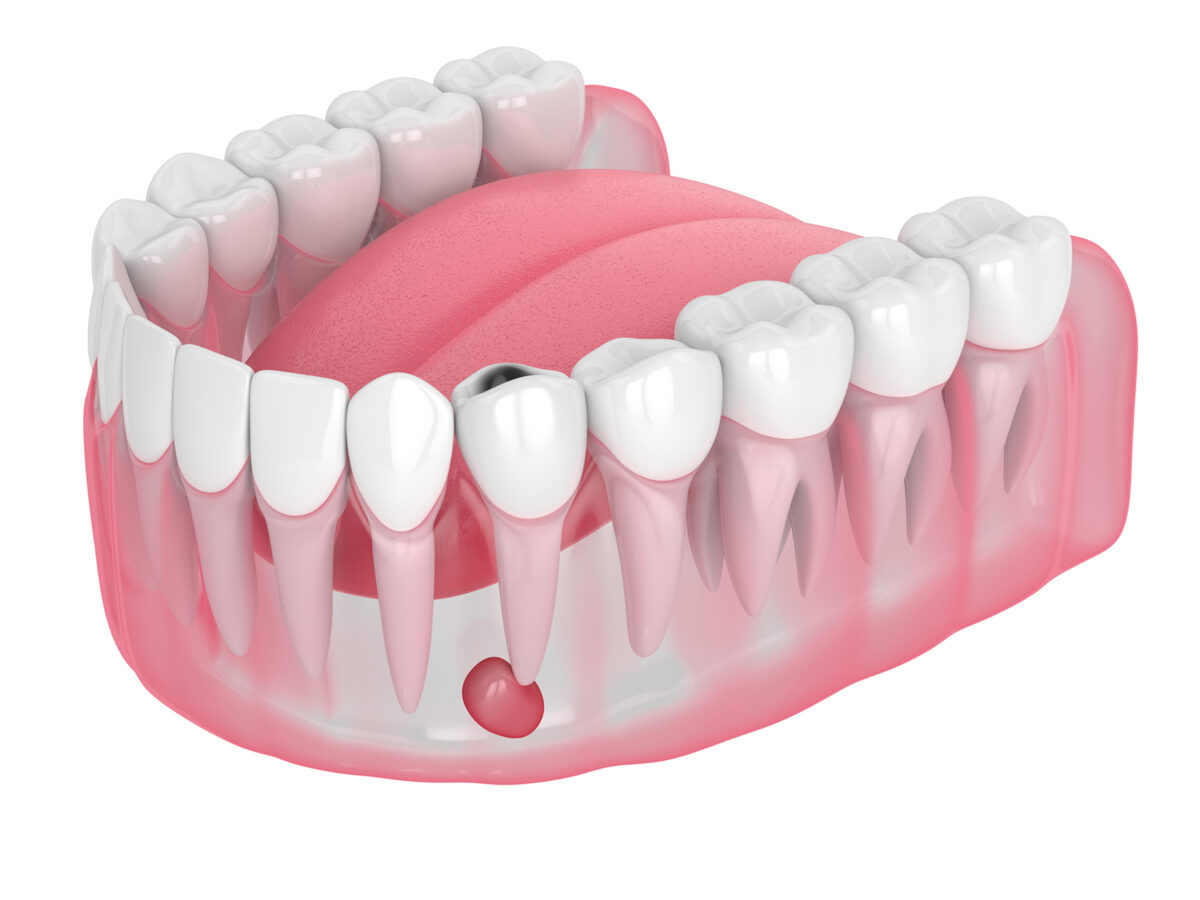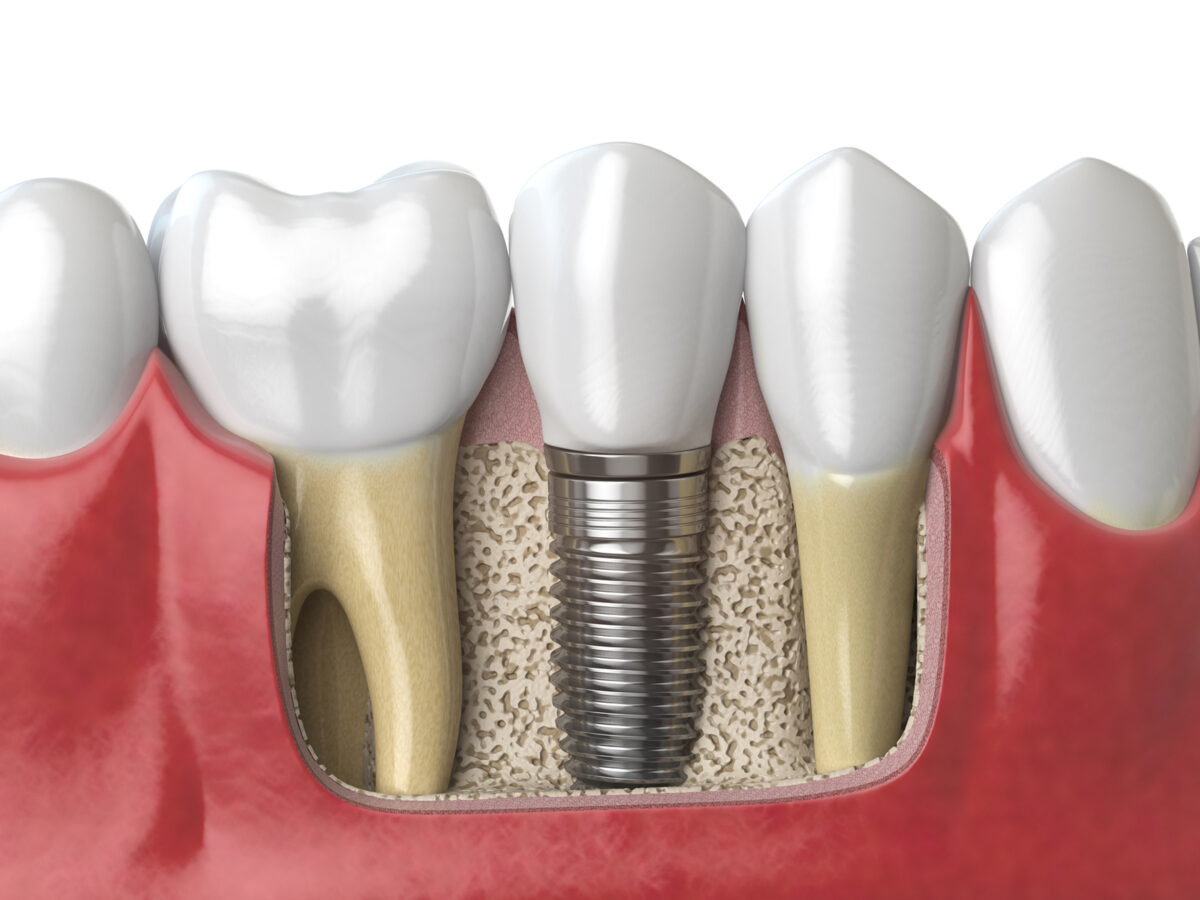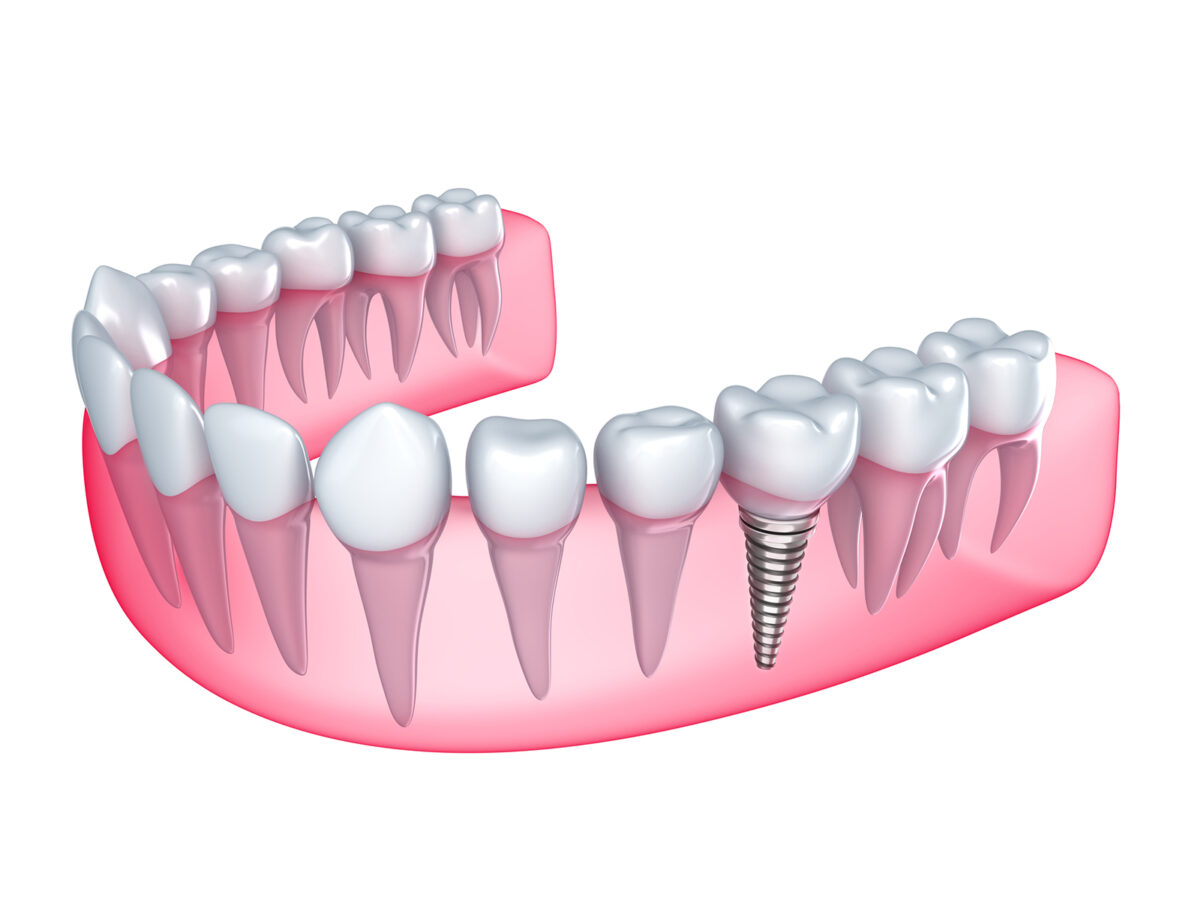A tooth infection is a dental condition wherein a pocket of pus forms in the mouth due to bacterial proliferation. A tooth infection, alternately known as an abscessed tooth, may occur due to various reasons such as tooth decay, injuries, and previous dental work.
The key manifestations of tooth infection include severe toothache, tooth sensitivity, and swelling. Now that we have briefly touched upon what tooth infection is all about. Let us try to answer the looming question of whether tooth infection can spread to the lungs.
The Spread of Tooth Infection to Lungs
With timely treatment, tooth infection is not very harmful. However, when a tooth infection is not treated for prolonged periods, it transitions into the more dangerous gingivitis or periodontitis.
There may be tissue damage that increases the chance of bacteria infecting the lungs and other body parts such as the brain.
In addition to dental infection, poor oral hygiene can also cause naturally occurring bacteria in the mouth to spread to the lungs.
Medical studies have linked tooth infection and poor oral hygiene with respiratory or lung-related illnesses. Oral health can influence your lung health by two pathways.
- Oral Bacteria in the Blood: The first pathway via which bacteria can spread into the lungs is via the bloodstream.
When an infection transforms into severe gum disease, precious gum tissues are brown down. Thus, the mouth becomes susceptible to infection. As such, the bacteria can enter into the lungs or body parts and result in body-wide inflammation.
- Oral Bacteria in the Air: We breathe bacteria into our lungs all the time. A University of Missouri research reveals that tiny droplets of saliva are carried to and from the mouth while we breathe, and this saliva can hold bacteria. Nevertheless, our natural immune system tackles the detriment of the naturally occurring bacteria in the mouth. However, when the immune system is burdened due to a tooth infection, the lungs can become irritated and inflamed.
Thus, it is essential to be vigilant of tooth infections and visit the dentist in case of mild symptoms.
Schedule your appointment with a dentist today and get the treatment on time!





